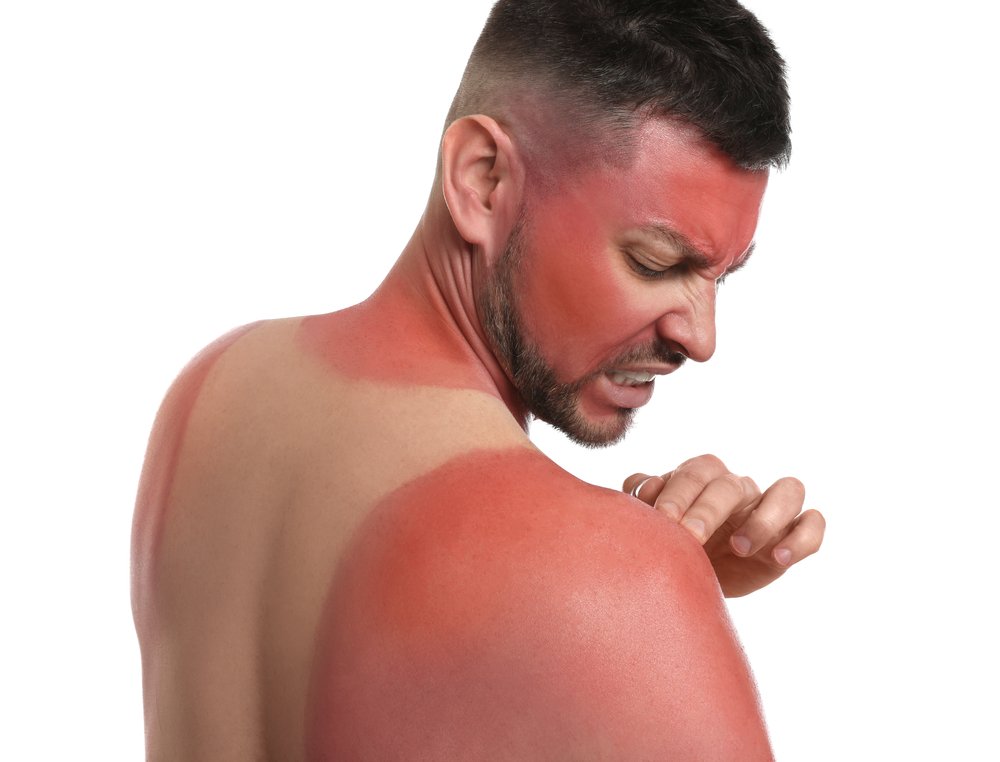Beat The Summer Heat By Seasonal Remedies
Summer brings warmth and sunshine, but it also poses challenges like heat exhaustion, dehydration, and sunburn. Understanding and implementing seasonal remedies can help you stay healthy and comfortable during the hottest months. Here’s an in-depth look at these remedies, their importance, and practical tips to keep cool and safe.


Why Seasonal Remedies are Crucial :
- Health Risks: High temperatures can lead to heat-related illnesses such as heat exhaustion and heat stroke, which can be life-threatening if not managed properly.
- Dehydration: The body loses more water through sweat in the summer, increasing the risk of dehydration, which can affect overall health and well-being.
- Skin Protection: Prolonged exposure to the sun can cause sunburn, premature aging, and increase the risk of skin cancer.
- Comfort and Productivity: Staying cool and hydrated helps maintain comfort and productivity, whether at work, home, or during outdoor activities.

Detailed Insights and Explanations
Common Summer Health Issues :
- Heat Exhaustion: Symptoms include heavy sweating, weakness, dizziness, nausea, and headache. It occurs when the body overheats and cannot cool down effectively.
- Heat Stroke: A severe condition where the body’s temperature regulation fails, leading to a rapid rise in body temperature, confusion, and potential loss of consciousness.
- Dehydration: Symptoms include dry mouth, fatigue, dizziness, and dark-colored urine. It occurs when the body loses more fluids than it takes in.
- Sunburn: Red, painful skin that feels hot to the touch, caused by overexposure to ultraviolet (UV) rays from the sun.



Natural Remedies for Summer Heat :
- Hydration:
- Water: Drink plenty of water throughout the day to stay hydrated. Aim for at least 8-10 glasses daily, more if you are active or outdoors.
- Electrolyte Drinks: Replenish lost electrolytes with drinks like coconut water or homemade electrolyte solutions.
- Herbal Teas: Peppermint and chamomile teas can have a cooling effect on the body.
- Dietary Adjustments:
- Fruits and Vegetables: Consume water-rich fruits and vegetables like watermelon, cucumber, and oranges to stay hydrated and cool.
- Light Meals: Opt for smaller, lighter meals that are easier to digest, avoiding heavy, greasy foods that can increase body heat.
- Spices: Incorporate cooling spices like mint, fennel, and coriander into your diet.
- Skin Protection:
- Sunscreen: Use a broad-spectrum sunscreen with at least SPF 30 to protect your skin from harmful UV rays.
- Aloe Vera: Apply aloe vera gel to soothe and heal sunburned skin.
- Coconut Oil: Use coconut oil as a natural moisturizer to keep skin hydrated and prevent dryness.
- Home and Lifestyle Modifications:
- Cool Showers: Take cool showers or baths to lower body temperature.
- Loose Clothing: Wear loose, light-colored clothing made of breathable fabrics like cotton and linen.
- Shade and Ventilation: Stay in shaded areas and use fans or air conditioning to keep indoor spaces cool.
- Essential Oils:
- Peppermint Oil: Known for its cooling properties, peppermint oil can be applied to the skin (diluted with a carrier oil) or used in a diffuser.
- Lavender Oil: Helps soothe sunburn and reduce inflammation.
- Eucalyptus Oil: Can be used in a cool compress to relieve heat stress.
Preventive Measures :
- Stay Indoors During Peak Hours: Avoid outdoor activities during the hottest parts of the day, typically between 10 a.m. and 4 p.m.
- Hydrate Regularly: Carry a water bottle and drink regularly, even if you don’t feel thirsty.
- Use Sun Protection: Wear hats, sunglasses, and protective clothing when outdoors.
- Monitor Weather Reports: Stay informed about heat advisories and take necessary precautions.

Making it Human Friendly
- Personal Stories: Share experiences of people who have successfully managed the summer heat with natural remedies.
- Visual Aids: Include infographics or charts to illustrate hydration tips, sun protection measures, and cooling foods.
- Interactive Elements: Add a quiz or checklist for readers to assess their hydration levels and sun protection habits.

Conclusion
Understanding and implementing seasonal remedies can make a significant difference in managing the summer heat and maintaining overall health. By incorporating natural remedies, dietary changes, and preventive measures, you can enjoy the summer months comfortably and safely. Encourage your readers to explore these options and find what works best for them.